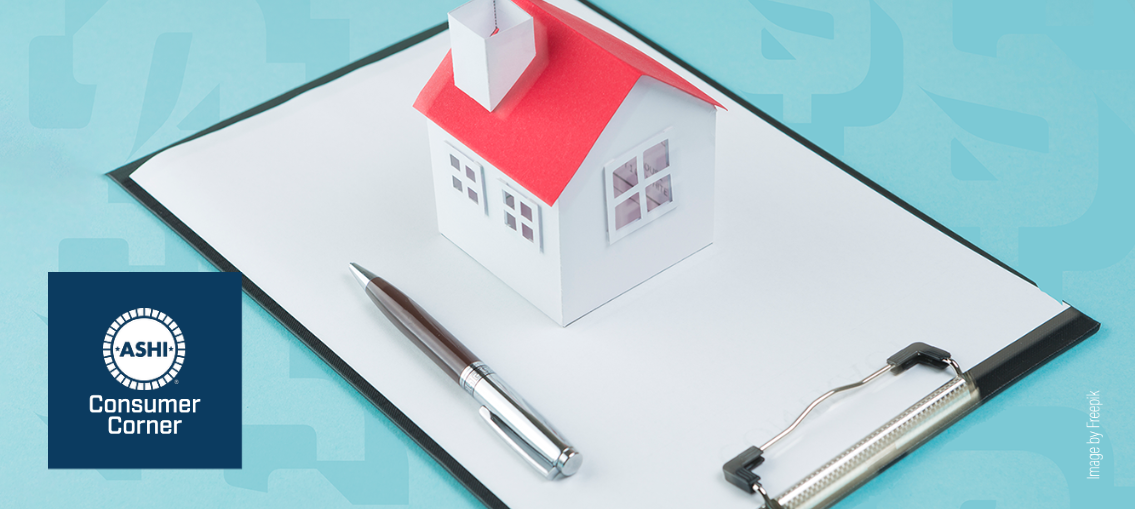When purchasing a home, one of the most important considerations for a homebuyer is obtaining home insurance coverage to protect their investment. Home insurance offers financial security by covering potential damages or losses due to unforeseen events. But did you know that home inspection reports can provide a window into your home insurance rate?
Understanding Home Inspections
Before diving into the connection between home inspections and insurance rates, let’s first understand what a home inspection entails. A home inspection is a comprehensive evaluation of a property’s condition performed by a certified professional. The inspector examines various aspects of the home, such as the structure, foundation, electrical systems, plumbing, HVAC (heating, ventilation, and air conditioning) systems, and more.
The primary purpose of a home inspection is to identify any potential issues or risks associated with the property. This includes identifying structural problems, safety hazards, code violations, and other issues that could affect the property’s value or pose a liability. The inspection report provides valuable information to the buyer, allowing them to make informed decisions regarding their purchase and negotiate repairs or adjustments if necessary.
Home Inspections’ Impact on Home Insurance Rates
Home insurance companies consider several factors when determining a property's insurance premium. These factors include the home's location, the property's age, replacement value, safety features (e.g., alarm systems), and the property's overall condition. This is where home inspections come into play.
A thorough home inspection helps insurance companies assess the risk of insuring a property. If the inspection reveals issues that may increase the likelihood of claims, the insurance company may view the property as a higher risk. This can lead to a larger home insurance premium.
On the other hand, a favorable inspection report can have a positive impact on your insurance rates. If the inspector finds that the property is well-maintained, up to code, and has minimal risks or safety hazards, insurance providers may consider it a lower risk, resulting in more competitive insurance premiums.
Securing Desirable Insurance Rates
How can you leverage a home inspection report to your benefit? Once an inspection is completed, addressing issues identified in the report are critical. Failure to address these issues can affect your insurance rates and leave you vulnerable to potential accidents or property damage. Mitigate risks and negotiate favorable insurance rates by addressing the concerns outlined in the report.
And while home inspections play a significant role in determining insurance rates, there are additional steps you can take to potentially lower your premiums:
a.) Shop around: Compare insurance quotes from multiple providers to find the best rates and coverage options.
b.) Increase your deductible: Consider raising your deductible, as a higher deductible typically leads to lower premiums.
c.) Bundle policies: Many insurance companies offer discounts when you bundle your home insurance with other policies, such as auto insurance.
d.) Improve safety features: Installing security systems, smoke detectors, fire alarms, and other safety features can help lower insurance rates.
e.) Maintain a good credit score: A good credit score can positively impact your insurance premiums, so it’s essential to manage your credit responsibly.
Ultimately, the interdependent relationship between home inspections and insurance rates is abundantly clear. By scrutinizing the structural integrity, safety features, and overall condition of a property, home inspections act as a vital checkpoint, ensuring that your investment receives adequate protection against unforeseen problems and meets quality standards for living. A thorough inspection can empower you to address issues promptly, potentially leading to lower insurance rates and greater peace of mind. So, embrace the power of home inspections, for they are not just a formality but rather a key driver in safeguarding your home and financial well-being.


